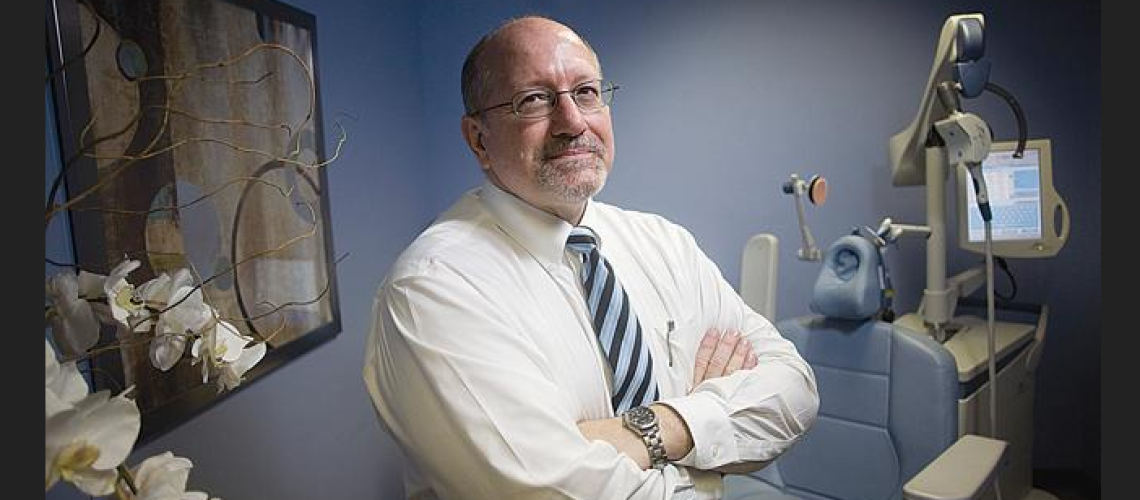I had the pleasure of interviewing Dr. Scott West, Medical Director of ThriveLogic TMS + Neurohealth and Nashville NeuroCare Therapy in Nashville, Tennessee. A nationally-recognized and board-certified psychiatrist with more than 30 years of experience in clinical depression, Dr. West brought the NeuroStar Advanced Therapy technology to Nashville and became the first physician in Tennessee to offer transcranial magnetic stimulation (TMS) to patients whose depression has not responded to a course of antidepressant medication. He is a Diplomate of the American Board of Psychiatry and Neurology in the specialty of Psychiatry and a Distinguished Life Fellow of the American Psychiatric Association.
Thank you so much for doing this interview with us! What is your backstory?
I started my career in psychiatry more than 30 years ago, following my residency at Vanderbilt University Hospital.Today, I have an outpatient practice where I treat adults dealing with mood disorders such as depression or anxiety, cognitive or attention problems, stress, relationship struggles and personality/interpersonal issues. I’ve also held positions at St. Thomas Hospital, focusing on treating patients with challenges associated with dementia or psychiatric problems with medical co-morbidities, and supervised residents at the Vanderbilt Department of Psychiatry.
As I’ve grown in my career, I’ve solidified my focus on clinical depression and specialize in TMS therapy with NeuroStar. My philosophy of treatment recognizes each patient as a whole person — mind, body and spirit. This means my treatment approach is based on what is right for my patients as individuals.
With the holiday season almost over, many people have been visiting and connecting with relatives. While family is important, some of them can be incredibly challenging. How would you define the difference between a difficult dynamic and one that’s unhealthy?
A difficult family dynamic may involve conflict or disagreement. An unhealthy family dynamic can include neglect, criticism, control and lack of respect, impacting one’s physical and/or mental health.
Families have a large part to play in our overall mental health. While some members may be champions for wellness, others may trip triggers. What advice would you give about engaging both types of relatives?
Seek out family members you get along with and spend time with them. Lean on them for support if things get difficult.
Set limits with family members who may be triggers for you. This may mean developing a list of safe topics to discuss and knowing which ones to avoid; ensuring people in your support system are with you and aware of the dynamic; knowing when to walk away from the situation.
We often hear about “toxic relationships.” Do you believe there is a difference between a toxic family and an unhealthy one? If so, how would you advise someone to handle a toxic family member?
Yes, I think all relationships can have elements that are healthy and unhealthy.
A toxic relationship has a persistent negativity that brings with it an emotional stench.
You can handle a toxic family member by planning ahead. Create boundaries to remind yourself about what you will and will not tolerate from that person. Anticipate interactions (i.e. yelling, conflict) and practice an appropriate, healthy response ahead of time. Don’t be afraid to call on other family members to help diffuse a bad situation.
Can you share about a time where you helped someone overcome a challenging family member?
Before Thanksgiving, I saw a patient who was concerned about her mother’s lack of planning for hosting family during the holiday. She felt she needed to do all the work, which meant she couldn’t enjoy time with family. We talked a lot about limits and boundaries. When I saw her after Thanksgiving, she said dinner was not done and she decided to take pizzas out of the freezer so her family could enjoy a meal together. It was not the situation she would have preferred, but she realized that she cannot control what others do or don’t do. In taking initiative the way she did, she was able to spend time at the dinner table with her family instead of staying in the kitchen.
Managing mental health in high stress situations is challenging and although gatherings are only a few times a year, they can make a major impact on overall wellness. What 5 strategies do you suggest using to maintain mental health when faced with an unhealthy family dynamic?
- It’s important to find a support system or someone who will be there to listen when you need it, especially if you anticipate a challenging holiday with family. Find your person, whether a close family member or friend, and talk with them as needed to help get through a tough situation. Set up a specific time to text, call or check in.
- Taking deep breaths, or finding time to practice yoga or meditation, can help relax your body, enhance your mood and calm your mind.
- Exercise is a great way to lift your spirits. If family gets to be too much, consider going for a brisk walk around the block or offering to take a pet outside for some fresh air.
- Set boundaries and limits ahead of time regarding what you are able to handle vs. what will make things worse.
- Pay attention to how you are feeling. Are you experiencing stress during an already-stressful time of year or are you experiencing something more, such as major depression? Signs of depression can include feeling sad or hopeless, lack of energy, indecisiveness, lack of sleep and withdrawing from others — and it can happen around the holidays, otherwise known as winter blues. If you are experiencing these symptoms, talk with your doctor about available treatment options that may work for you (i.e. antidepressants, talk therapy, TMS).
What advice would you give to family members who are allies of someone struggling with mental illness at these gatherings? How can they support strong mental health without causing friction with other members of the family?
Act as an advocate. This may mean using positive words, changing the conversation or politely stepping in when needed. You can also ask them what they need and assure them you are there to help.
At the end of the day, be mindful of tense family relationships or situations and help them navigate.
What is your favorite mental health quote?
This quote from Reinhold Niebuhr tends to be something that resonates with most people and is extremely helpful to keep in mind:
God grant me the serenity
to accept the things I cannot change;
courage to change the things I can;
and wisdom to know the difference.
If you could inspire a movement or a change in mental wellness, what would it be? How can people support you in this mission?
We, as a society, need to pay more attention to mental health, and encourage people to seek help earlier and fight back right away. Early detection and treatment can prevent bigger issues down the line, but people also need to feel supported and loved. My goal is to provide hope and give a second chance at life to those who need it. In fact, I partnered with former CNN anchor and depression awareness advocate Schatzie Brunner on New Way Now, a nonprofit organization that provides a space to learn about the symptoms of depression and discover available treatment options, which can include transcranial magnetic stimulation. I lead the medical team at the organization and am proud to do what I can to help alleviate the stigma that often comes with depression (and other mental health issues) and inspire people to reach out for help.
What is the best way for people to connect with you on social media?
Facebook: @NashvilleNeurocare
Twitter: @NashNeuroCare
Thank you this was so inspiring!


